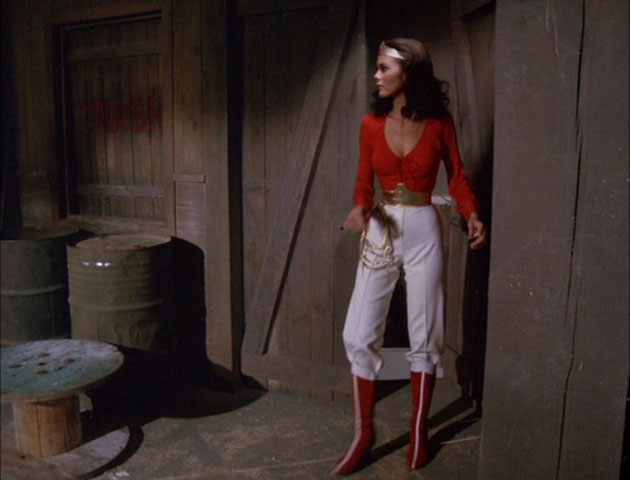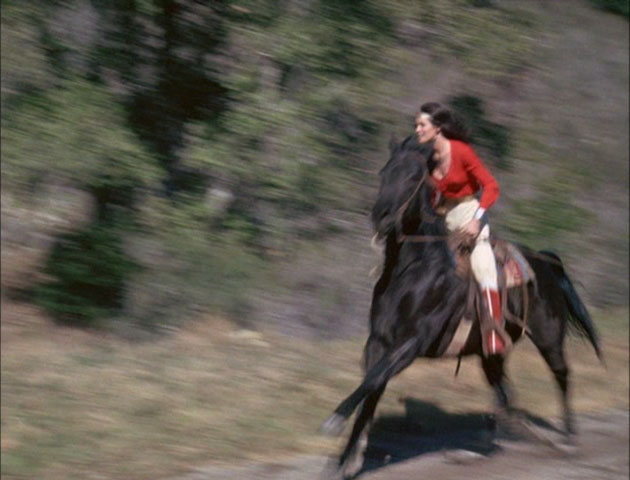It's funny that JMS or Jim Lee are concerned about the practicallity of the costume of a character that is usually lines on a paper or a screen.
Why is it funny for a creator of fiction to be concerned with credibility? A lot of fiction is "just" letters on a page, but the writers of such fiction still generally strive to create a convincing illusion of characters and environments that behave in believable ways. It makes no sense whatsoever to ridicule the notion of the creators of a story trying to tell that story in a believable way. I could write the sentence "Joe walked out of his Cincinnati house, crossed the street, and entered the Louvre in Paris," but nobody would take it seriously in a story, because even though it's "just" letters on a screen, it represents something analogous to physical reality, and thus is subject to an expectation of plausibility. The audience's acceptance of a work of fiction is called willing suspension of disbelief, not mandatory suspension. If you want as much of your audience as possible to accept what you write (or draw) as believable, you have to make some effort to acknowledge realistic parameters
True, comic books have not always striven for very much in the way of believability, but sometimes they have. And it certainly isn't fair to ridicule someone for choosing to make the effort. Do you think it was wrong or risible for Stan Lee to strive for a more realistic approach to characterization, to write about people with realistic imperfections and problems and relationships instead of the one-dimensional, idealized heroes of earlier comics? Most people think that increase in realism was a good move. Even though those characters are just drawings on paper and their passions and doubts and loves and fears and needs are just letters in oval bubbles.






